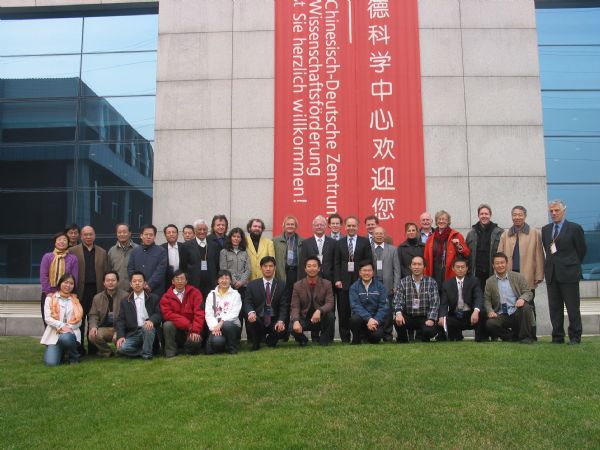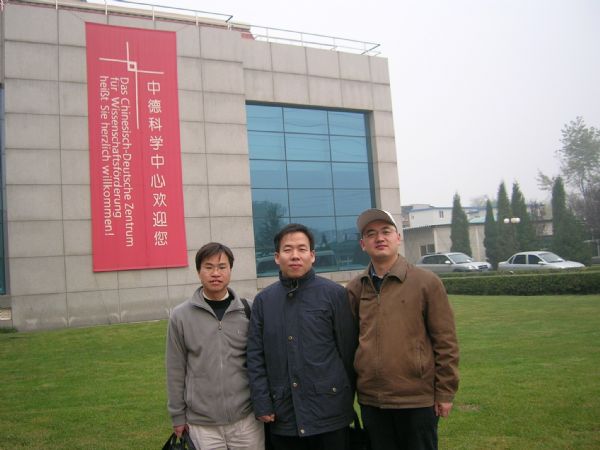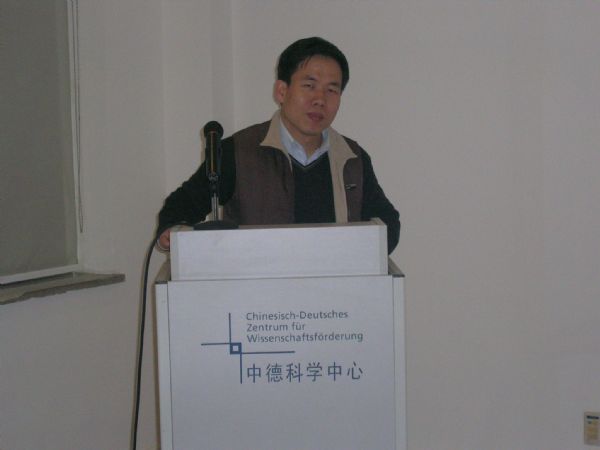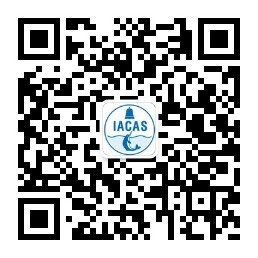(From MIAO Jianming of ThinkIT lab) From Nov. 5 to 7, the 1st Sino-German Symposium on Knowledge Handling is held in Sino-German Center for Research Promotion, Beijing, China. This symposium is corporately sponsored by School of Educational Technology, Peking University and Institute for Interdisciplinary Informatics, University of Augsburg. The theme of this Symposium is: Representation, Management and Personalized application. Many Chinese and German experts in information processing field attended the symposium, who were from Peking University, Tshinghua University, CAS Institute of Automation, Beijing Normal University, Beijing University of Posts and Telecommunications, University of Augsburg, University of Munich, University of Hannover, University of Kaiserslautern and so on. The presidents of the conference are Prof .Dr. Klaus Mainzer from University of Augsburg and Prof. Yixin Zhong who is the chairman of Chinese Association of Artificial Intelligence. Prof. Quan Zhang and other two members of ThinkIT lab of IACAS were invited to attend this symposium.
The purpose of the symposium is to exchange the latest researches, discuss the hot and frontier topics in the multi-disciplinary field of knowledge handling, and further upgrade the communication and cooperation between the two sides. The symposium not only focused on the computer-based representation but also on the management of knowledge for personalization tasks in learning organizations. The topics of this symposium covered many fields, including: computer science, learning science, management science and information science. Prof. Quan Zhang made a report titled "Natural Language Representation and Application based on Concept Hierarchical Network", which emphasized the basic viewpoint and detail application on knowledge processing of HNC theory. After the report, Prof. Zhang had a warm discussion with the audience. Though the communications and dialogues are carried out in English, the audience's enthusiasm has not been dampened at all.
Prof. Klaus Mainzer thought HNC reflected the characteristics of UG grammar of Chomsky and showed great interests in element though of HNC, which he considered was helpful to the language learning. In the conclusion part of the conference, he highly praised China's powerful strength in natural language processing and hoped we could have a more promising future.





